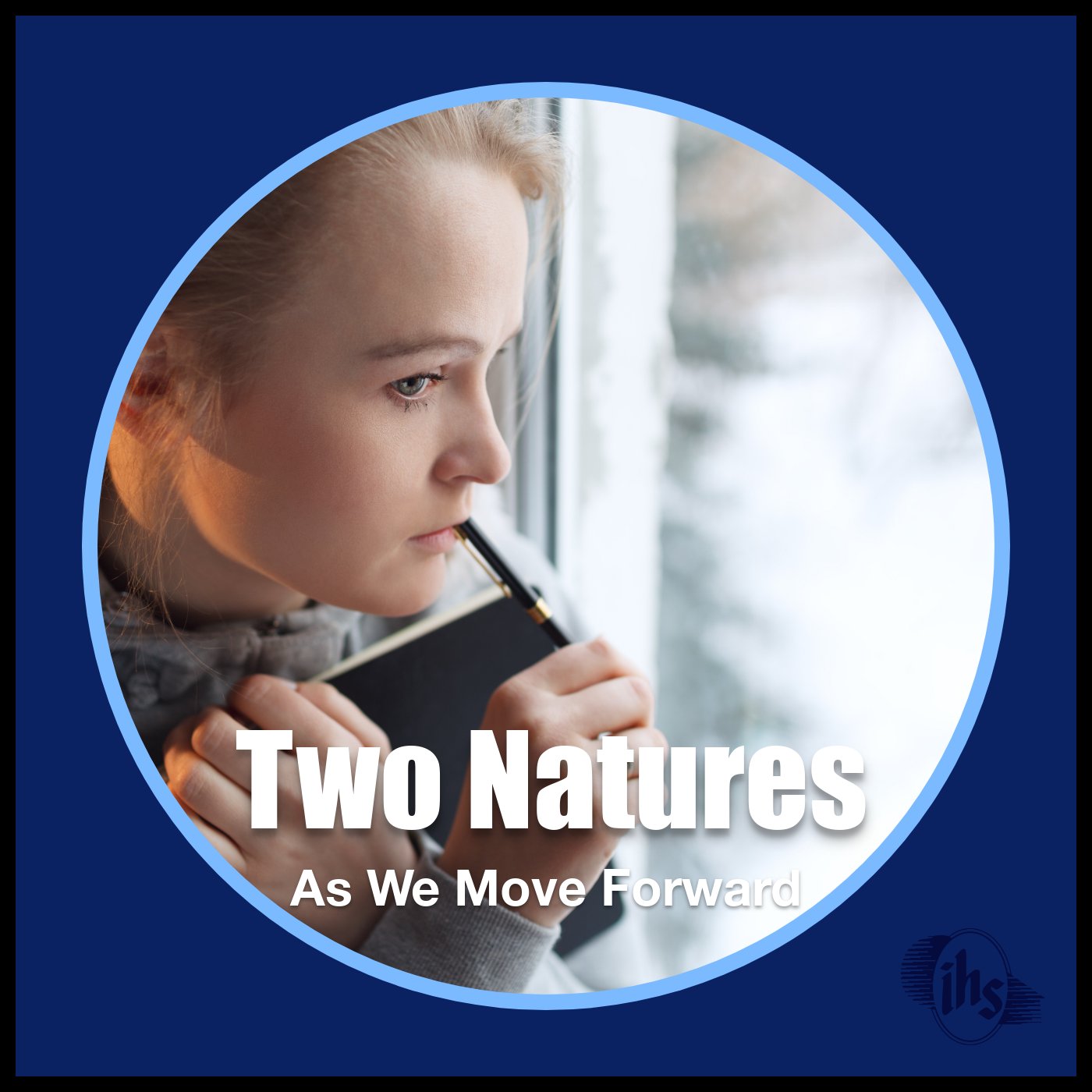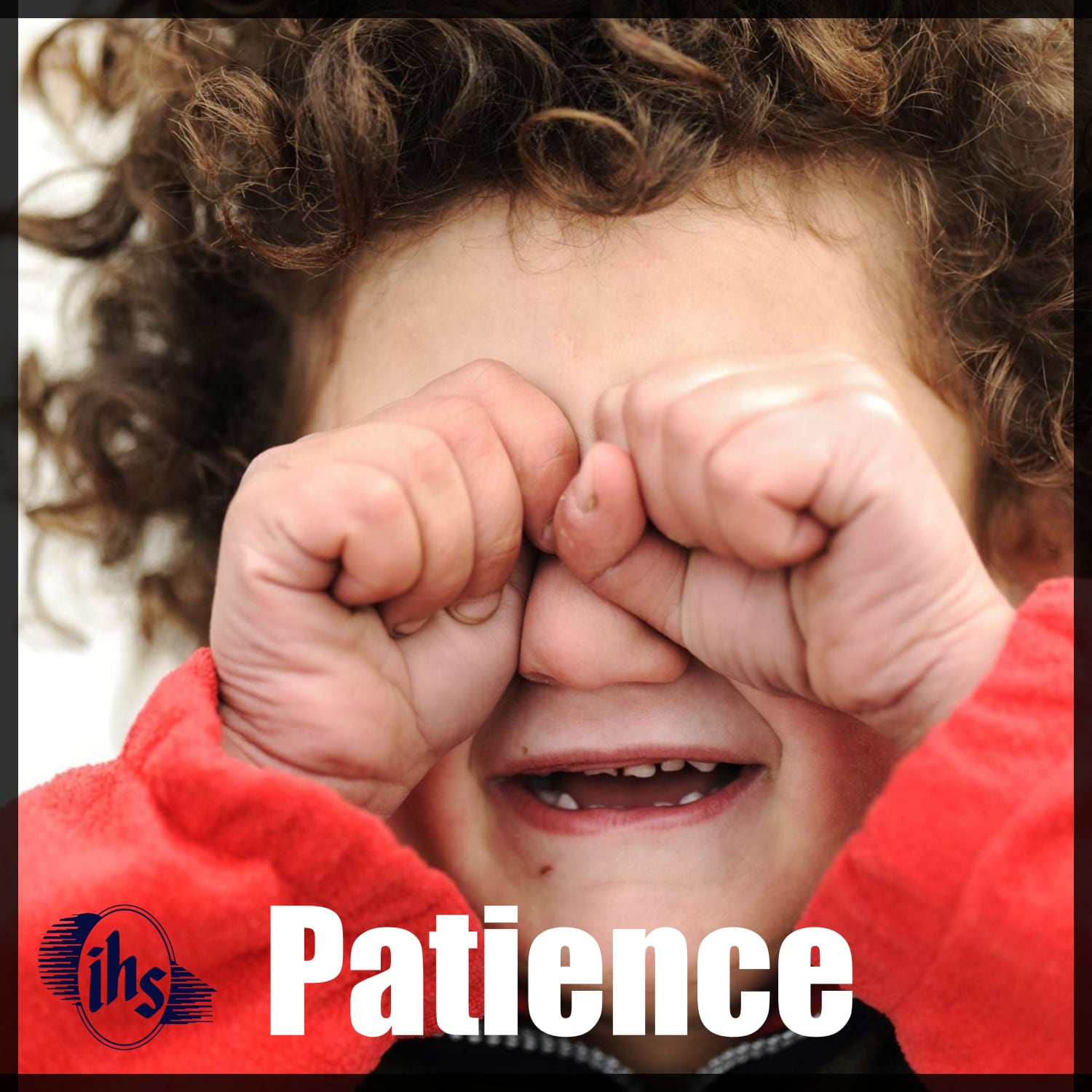
We have two natures in our lives, and they are in a constant state of conflict with one another. If we think about the tensions in our life, this makes sense. Why are there times when we think only positive, noble thoughts and other times when our thoughts are the exact opposite? As an example, imagine the best day you’ve ever had, when everything was going your way. Imagine that time when you were feeling on top of the world, when you could see the best in every person and every situation.
Now, think of the lowest moment in your life, the time when you were ashamed of everything you were thinking and feeling. Maybe it is a time you yelled at other people, were impatient with hem, were rude and insulting. Hopefully, this was one of those times you regretted your action as soon as you had done them.
Contrast this to a time when you were positive, encouraging and complimentary to others, one of those days when you were pleased with yourself and the way you are relating to everyone you meet. Your self esteem is at its highest. You believe this is a moment you can take on the world and win.
Now imagine that these two natures occur almost simultaneously and continuously, day in and day out for the duration of our lives. That is one way to describe these two natures existing side by side within each of us and being in a constant conflict with each other.
You’ve experienced this if you’ve ever gone from happiness to anger in the span of a moment, sometimes without even being aware of what has caused the extreme shift. Many people report a real feeling of losing control at these moments. These clashes between our two nature seem to happen more frequently in some people than others. That may be the case. It could also be that some people have learned better control over these two natures, particularly the one that can lead to negative consequences for us and for others.

As we move forward, it can be very helpful to reflect on these conflicting natures as they occur in us and in those around us. Do people you interact with tend to demonstrate behavior based mostly on one or the other of these conflicting natures? How do you respond when you are confronted with one of these conflicts in others? How do you respond to sudden outbursts of anger or tears in another person? How do you respond when you sense one of these conflicts happening within yourself?
As we move forward, it is helpful to realize that everyone experiences these conflicting natures. Let us work to learn to respond to these conflicts, either as we experience them in ourselves or others.
If you would like to receive new As We Move Forward posts, please subscribe to the As We Move Forward mailing list by clicking here. I release entries on a bi-weekly basis.We have a podcast containing the As We Move Forward articles read by Jae Bloom.


























